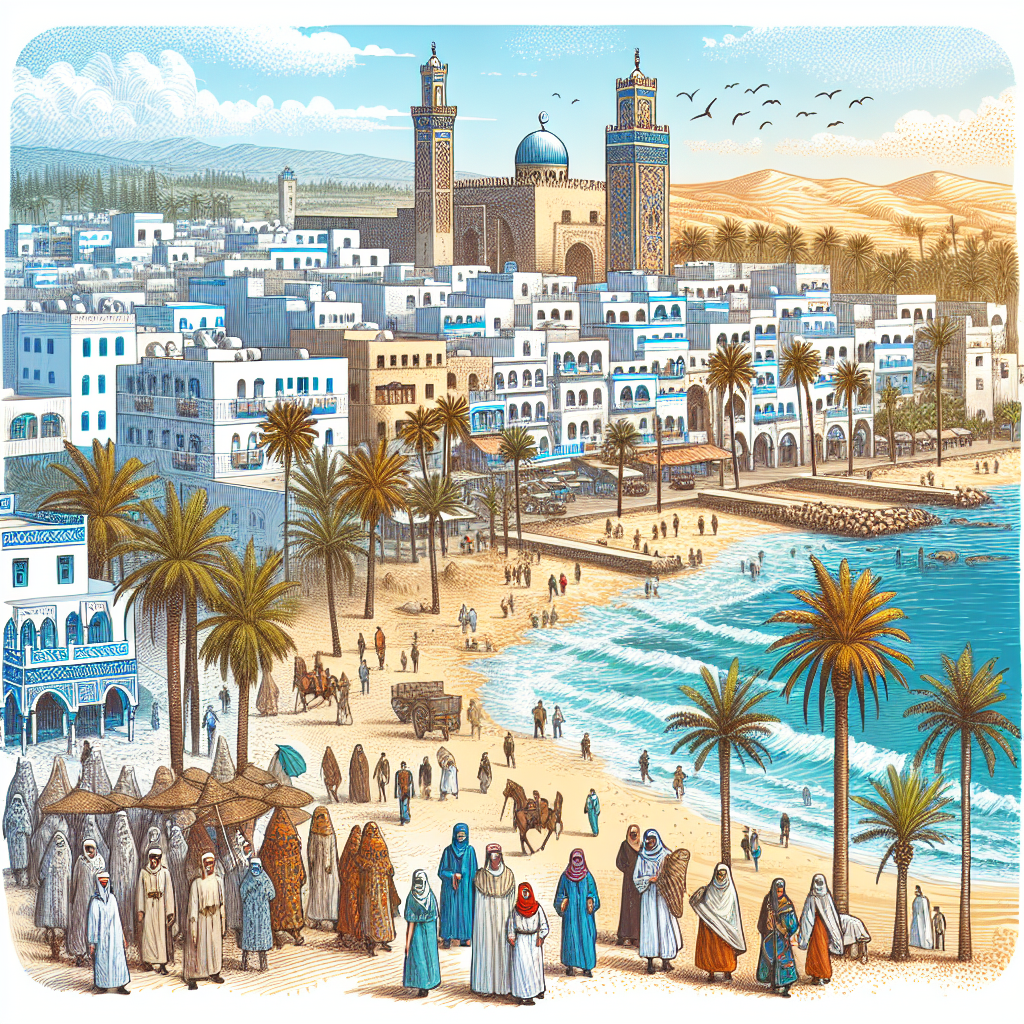Human Rights Watch reported today that Tunisian authorities have prosecuted, convicted, or imprisoned at least eight prospective candidates for the upcoming presidential election on October 6, 2024. The electoral commission has so far approved only three candidates, including the incumbent President Kais Saied. The organization has called for an urgent end to politically motivated prosecutions and a return to free and fair electoral practices.
Amidst heightened repression of dissent and a lack of essential checks on President Saied's power, Tunisia is preparing for a presidential election. Since President Saied's 2021 power grab, he has compromised the judiciary's independence and overhauled critical institutions, including the electoral commission. This restructuring has resulted in the commission being under the president’s control since 2022.
“After jailing numerous prominent opponents and activists, Tunisian authorities have effectively eliminated almost all serious contenders from the presidential race, turning this election into a mere formality,” stated Bassam Khawaja, Deputy Middle East and North Africa Director at Human Rights Watch. “The government must halt its political interference in the electoral process, reverse repressive measures, and allow opposition candidates to participate.”
On August 10, the electoral commission announced preliminary approval for only three presidential candidates, including former parliament members Zouhair Maghzaoui and Ayachi Zammel. The commission rejected 14 candidacies due to issues with endorsement signatures, financial guarantees, or nationality criteria. Candidates have filed appeals, but the number of approved candidates is significantly lower compared to the 2019 election, which saw 26 candidates approved.
At least eight prospective candidates have been convicted and sentenced to prison or lifetime bans from running for office since the electoral period began on July 14. This includes Karim Gharbi, sentenced to four years in prison and banned from running for office for allegedly buying endorsement signatures. Gharbi’s campaign volunteers also received prison sentences.
On August 5, a Tunis Court of First Instance sentenced five prospective candidates, including politicians, media personalities, and academics, to eight months in prison and lifetime bans for allegedly influencing voters. This same day, Abir Moussi, president of the Free Destourian Party and a prominent opponent of Saied, was sentenced to two years in prison for “spreading fake news” about the electoral commission.
Other potential candidates, such as Lotfi Mraihi and Ghazi Chaouachi, face similar charges and have been sentenced or detained on politically motivated grounds. Mraihi, leader of the Republican People’s Union, received an eight-month prison sentence and a fine for alleged voter influence.
Under new regulations, presidential candidates must present endorsement signatures from significant political figures or a large number of registered voters. The 2022 constitution has also tightened nationality criteria for presidential candidates.
Tunisia, a signatory to the International Covenant on Civil and Political Rights, is obligated to ensure free and fair elections. Human Rights Watch emphasized that freedom of expression, assembly, and association are essential for democratic elections and must be protected.
Khawaja concluded, “By blocking potential challengers, President Saied is undermining what remains of Tunisia’s democracy. The international community must act to rectify this flawed electoral process.”











